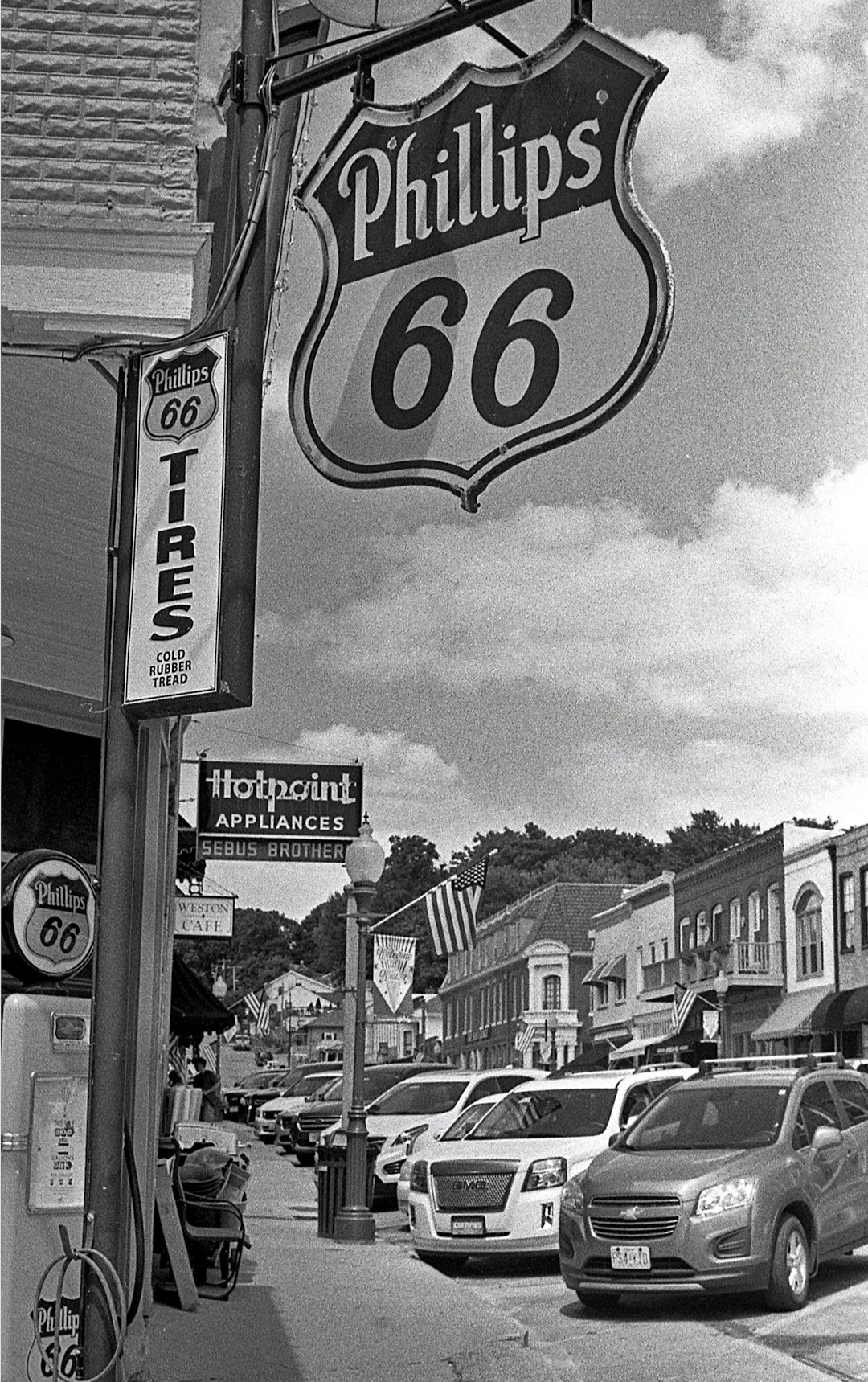Telemarketing in Missouri is subject to strict regulations aimed at protecting consumer privacy and choices, with a prominent example being the state's "Do Not Call" registry. For advocacy initiatives focusing on services like lawyer referrals for Do Not Call cases, adhering to ethical and compliant practices is essential. This involves targeting the right audiences, ensuring transparency, and meeting regulatory requirements, including those related to "Do Not Call" lists. Setting clear goals, such as call volume, conversation rates, or educational sessions conducted, is crucial for campaign success. Tailoring messaging to address residents' concerns about unwanted calls from lawyers and emphasizing the benefits of the "Do Not Call" registry can improve engagement. Implementing a comprehensive "Do Not Call" strategy that includes registration, legal adherence, employee training, and complaint management ensures sustainable practices. Consulting with specialized legal professionals in Missouri can provide guidance on navigating these regulations effectively.
Planning sustainable telemarketing advocacy initiatives requires a strategic approach to ensure compliance and effectiveness. This guide navigates the process, from understanding the impact of telemarketing in Missouri to crafting compelling messages that resonate with targeted audiences. Key steps include setting clear goals, identifying preferences, implementing robust do-not-call strategies, and monitoring success.
By following these steps, legal professionals can promote their services responsibly, avoiding penalties and fostering client relationships through ethical telemarketing practices in Missouri. Whether you’re a lawyer, attorney, or law firm, this article offers valuable insights for successful do-not-call initiatives.
Understanding the Impact of Telemarketing in Missouri

In Missouri, telemarketing plays a significant role in both business and legal sectors. With numerous laws governing the practice, especially regarding consumer protection, understanding the impact of telemarketing is crucial for any initiative aimed at sustainable advocacy. The state’s “Do Not Call” registry, which includes lawyers, attorneys, and law firms, is a prime example of this. Missouri residents can opt-out of receiving unsolicited calls from these professionals, highlighting the importance of respecting consumer choices and privacy.
This context underscores the need for telemarketing advocacy initiatives to be not just effective but also ethical and compliant. Targeting the right audiences, ensuring transparency, and adhering to state regulations, such as those related to “Do Not Call” lists, are essential steps in planning sustainable telemarketing campaigns. By doing so, advocates can foster positive relationships with consumers while promoting their causes or services, like lawyer referrals for Do Not Call cases, in a responsible manner.
Setting Clear Goals for Your Advocacy Initiative

When planning a sustainable telemarketing advocacy initiative, setting clear and measurable goals is paramount. Define what success looks like in terms of engagement, conversion rates, or even the number of potential clients reached. For instance, if your goal is to raise awareness about Do not call laws in Missouri, set targets for the number of calls made, conversations initiated, and successful educative sessions conducted. These benchmarks will guide your campaign’s strategy, ensuring every telemarketing effort aligns with your advocacy initiative’s objectives.
For organizations looking to avoid being labeled as a “Do not call lawyer Missouri” or “Do not call attorney Missouri,” setting specific goals is crucial. Identify whether you aim to generate leads, nurture existing contacts, or both. Tailor your approach to comply with state regulations regarding “Do not call law firms Missouri” and “Do not call lawyers Missouri.” By doing so, your advocacy initiative will not only be effective but also respectful of consumer choices and legal boundaries.
Identifying Target Audiences and Their Preferences

Identifying your target audience is a crucial step in planning sustainable telemarketing advocacy initiatives. Understanding the preferences and needs of potential clients in Missouri, such as those seeking “do not call” lawyer services, is essential for tailoring your approach effectively. Researching demographic data, consumer behavior, and industry trends specific to Missouri helps you create targeted messaging that resonates with your audience. This ensures that your telemarketing efforts are both efficient and compliant with local regulations regarding attorney marketing.
By focusing on identifying the unique preferences of “do not call” law firm prospects in Missouri, you can avoid generic outreach. Instead, craft personalized scripts and offers that address specific pain points and goals. This level of customization increases engagement and conversion rates, fostering stronger relationships with potential clients. Remember, understanding your audience is key to navigating the complex landscape of legal services marketing in Missouri successfully.
Crafting Effective Messaging and Materials

Crafting compelling and effective messaging is a key aspect of successful telemarketing advocacy initiatives in Missouri. When promoting a “Do Not Call” registry or advocating for consumer privacy rights, it’s essential to create materials that resonate with your target audience. Start by understanding the common pain points and concerns of Missouri residents regarding unwanted phone calls from lawyers or law firms. Emphasize how signing up for the Do Not Call list can empower them to take control of their communication preferences. Use clear and concise language to explain the benefits, such as reduced nuisance calls and increased privacy protection.
Ensure your materials are tailored to different demographics and cultural contexts in Missouri. For instance, when reaching out to older adults, focus on the ease and convenience of opting out of unsolicited calls. For younger generations, highlight how it can help manage their already busy schedules. Incorporate visually appealing graphics, infographics, or short videos to illustrate your messages. Consider using real-life success stories or testimonials from Missouri residents who have benefited from a reduced number of unwanted phone calls. This personal touch can make your advocacy campaign more relatable and effective.
Implementing and Monitoring Your Do-Not-Call Strategy

Implementing a robust “Do Not Call” strategy is an integral step in planning sustainable telemarketing advocacy initiatives, especially when considering a lawyer or law firm in Missouri. This involves registering your business with the National Do-Not-Call Registry and adhering to federal and state regulations. It’s crucial to ensure that all employees and representatives are trained on the importance of respecting consumer choices regarding phone calls, including those who have opted out or are on the “Do Not Call” list.
Monitoring is key to maintaining compliance. Regularly review your call records to identify any violations, such as calling numbers on the Do-Not-Call list. Utilize software tools designed for this purpose to automate and streamline the process. Additionally, promptly address any consumer complaints or opt-out requests, further reinforcing your commitment to responsible telemarketing practices. Remember that a lawyer specializing in “Do Not Call” laws in Missouri can provide valuable guidance tailored to your specific initiatives.






